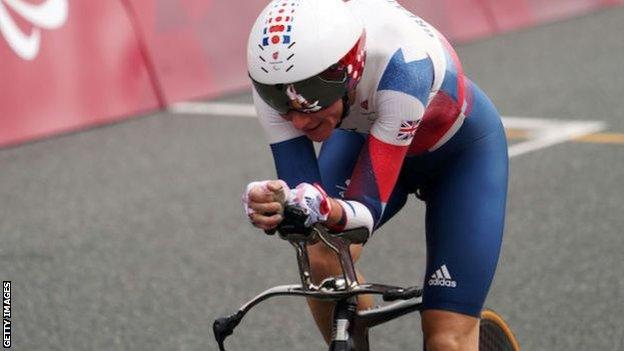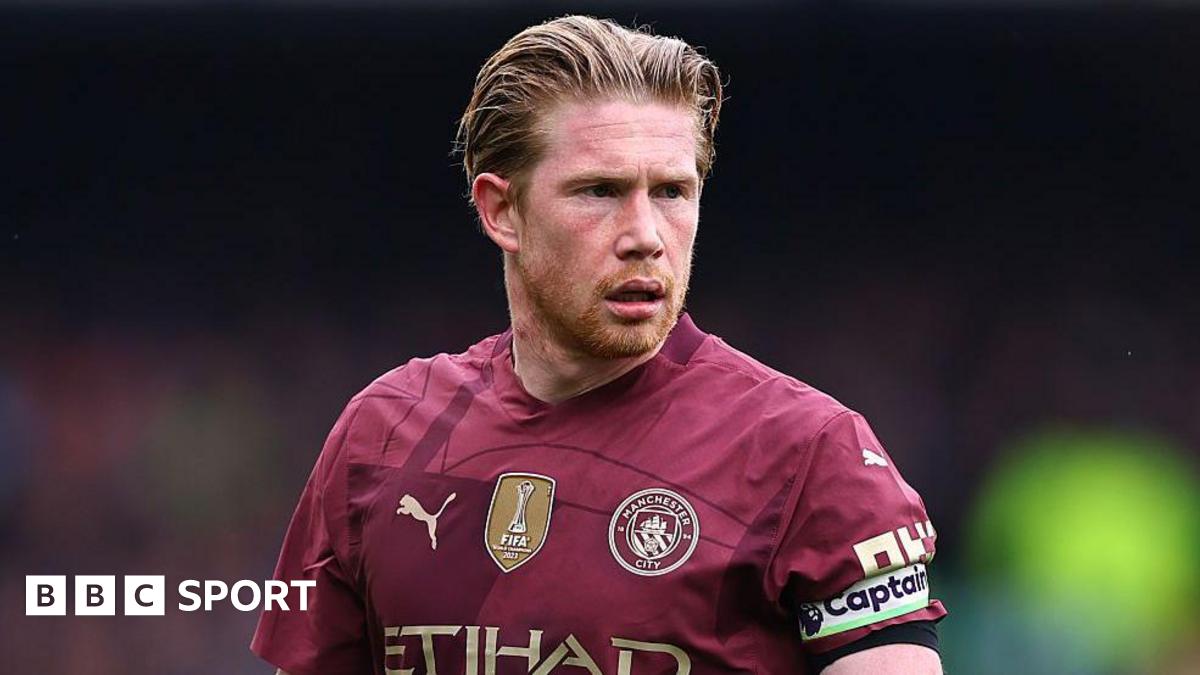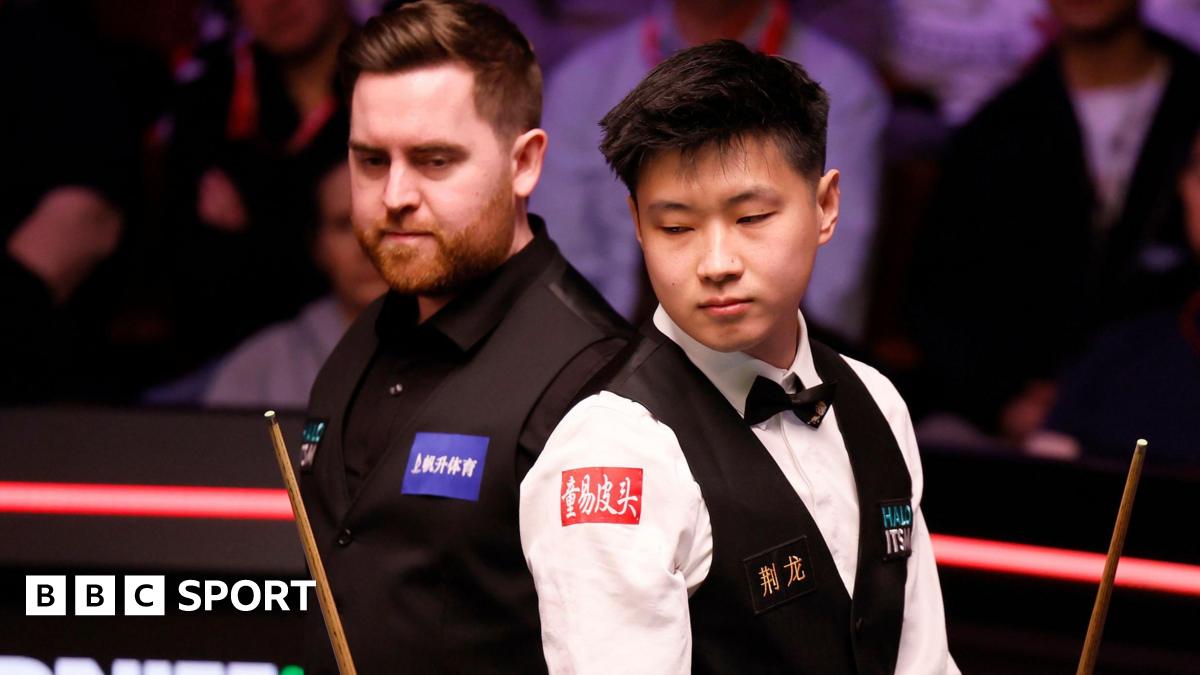ARTICLE AD BOX
 Dame Sarah Storey has won six Paralympic gold medals since first becoming a mother in 2013
Dame Sarah Storey has won six Paralympic gold medals since first becoming a mother in 2013UK Sport has introduced official pregnancy guidance for Olympic and Paralympic athletes and sport governing bodies for the first time.
The in-depth advice supports both athletes and sports through an athlete's pregnancy and post-birth.
It also provides a framework which can be followed throughout pregnancy and the athlete's return to elite sport.
UK Sport said it believes "starting a family and being an elite athlete should not be mutually exclusive".
Five-time Olympic archer Naomi Folkard, who gave birth to her first child in early 2021 and competed in this summer's Tokyo Olympics, hopes the new guidance is just the start of more support in the future.
"Female athletes should no longer have to make a choice between their athletic career and having children," she said.
"I hope in a short time it will encourage sports science to not only begin to cover women and men equally, but also have pregnancy specific research projects for female athletes."
The guidance includes advice for athletes on how, and when, they should inform their sport of their pregnancy, as well as advice for the sport governing bodies should the athlete share the news of the pregnancy with them.
It also details resources like useful websites, apps and social media pages, as well as information on topics such as mental health, miscarriage and stillbirth.
Any athlete on a world class programme who receives an athlete performance award (APA) would continue to receive their full APA throughout the duration of their pregnancy and for up to nine months after giving birth.
The guidance has been produced following a "wide-ranging" 18-month consultation involving athletes, coaches and medical practitioners, and does not recommend a "one-size fits all approach".
The funding body also plans to develop further guidance focusing on surrogacy, adoption, egg freezing, IVF, and same-sex parents.
UK Sport chief executive Sally Munday said the publication of the new guidance was an "important marker".
"No athlete should be forced to make a choice between elite sport and starting a family," she said.
"Giving birth and starting a family can be physically and mentally challenging for a mother, so it is essential that female athletes, and sports, have the right resources at their disposal.
"We want to ensure that mothers and mothers-to-be are fully confident that they will be supported fairly and appropriately in all aspects of their life."
- Should sports do more to help female athletes feel 'more comfortable' having children during career?
- Elinor Barker: British cyclist on pregnancy
- Matching maternity with elite cricket: Three players share their stories
It is the latest positive move surrounding pregnancy/maternity and elite athletes in recent years.
In 2020, Fifa - football's international governing body - introduced worldwide maternity regulations for female players and coaches for the first time.
The previous year, Nike changed its contracts for pregnant athletes, saying it would "not apply any performance-related reduction" for 18 months if a sponsored athlete becomes pregnant.
It came after the United States' seven-time Olympic champion Allyson Felix revealed the brand wanted to pay her 70% less after she became a mother.
Last year the England and Wales Cricket Board outlined their maternity policy when responding to a Daily Telegraph study.
Female cricket players are guaranteed their full salary for the first 13 weeks post-childbirth and 20 weeks at 90 per cent pay thereafter.

 3 years ago
93
3 years ago
93








 English (US) ·
English (US) ·